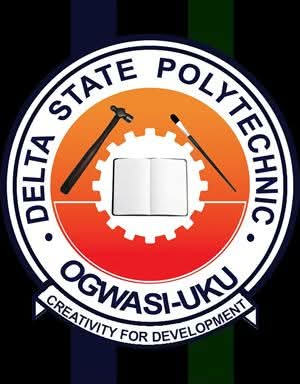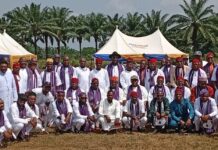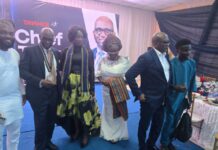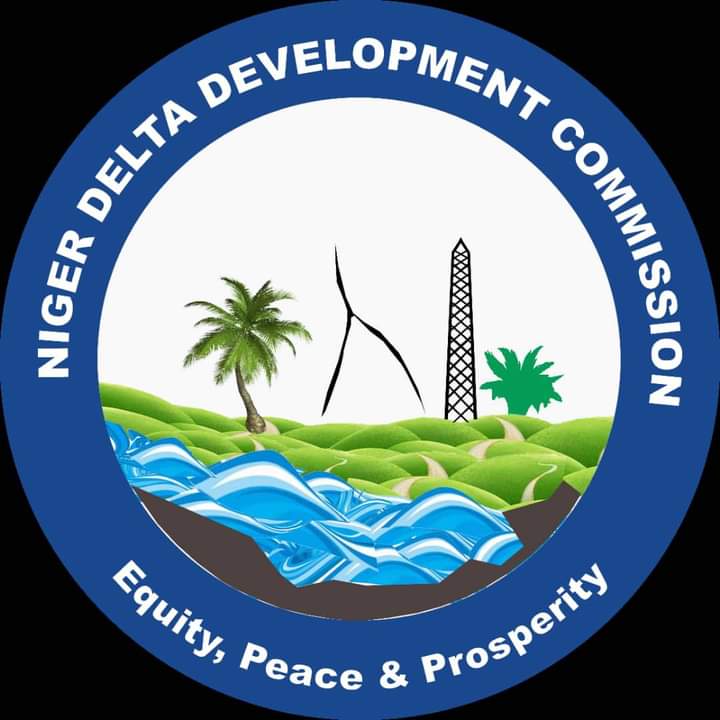By Our Investigative Correspondent
Delta State Polytechnic, Ogwashi-Uku, once a flagship of academic excellence, is now engulfed in a deepening crisis, with disturbing allegations of corruption, certificate racketeering, and administrative failure. But in a twist that has rattled public confidence, the Ministerial Committee set up to investigate the scandal is itself under fire—accused of ethnic bias, political interference, and an attempted whitewash.
What began as a probe into institutional rot is now spiraling into a crisis of credibility for the investigating panel.
Panel Under Scrutiny
At the heart of the controversy is the composition of the Ministerial Committee. Independent investigations reveal that at least three members, including the embattled Rector Professor Emmanuel Achuenu, share the same Ndokwa ethnic heritage. The Committee is chaired by Hon. Christopher Ifeanyi Osakwe, an appointee with close political ties to powerful figures in the state, while Mrs. Bridget Odobor, Permanent Secretary in the Ministry of Higher Education, serves as Secretary.
Observers say the panel’s structure appears skewed in favour of the Rector, raising serious concerns over the integrity and neutrality of the investigation.
“Appointing close associates and ethnic allies of the Rector to lead this probe is an insult to justice,” a senior academic staff member remarked. “How can they be expected to hold him accountable?”
Allegations of Interference and Manipulation
Sources within the institution allege that Professor Achuenu is working behind the scenes to influence the Committee’s outcome. Ties between him and several panel members reportedly predate the investigation, prompting fears that the process is compromised.
One whistleblower told reporters: “The Rector is fighting hard to control the narrative. He’s mobilizing political connections to suppress key testimonies and protect his loyalists.”
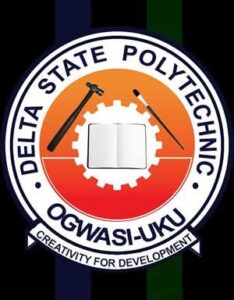
The Rector’s vague public response—”We are waiting for the Ministerial Committee’s report”—has done little to allay public concerns.
Weak Investigations, Strong Evidence
According to insider accounts, the Committee has conducted only a shallow review of the allegations, interviewing a limited number of people, including suspended Registrar Jude Okocha and Nduka Charles, both previously linked to certificate fraud.
Meanwhile, fresh allegations of financial mismanagement have surfaced. Professor Achuenu is accused of spending N48 million without proper documentation during the last accreditation process and authorizing over N500 million in expenditures without due process.
Equally troubling are accusations that key figures involved in forgery rackets remain in the system—protected by the Rector despite overwhelming evidence against them.
A Campus in Disarray
Morale among staff is at an all-time low, with many accusing the Rector of using divide-and-rule tactics to silence dissent. Administrative systems have reportedly broken down, and fears are growing that degrees from the institution may be rejected internationally due to its tainted image.
“This is no longer an internal matter,” one lecturer warned. “The credibility of our graduates is on the line.”
The crisis has echoes of a similar battle in 2018, when then-Rector Professor Stella Chiemeke (now Vice Chancellor of Delta State University, Agbor) waged a war against certificate fraud. Sadly, insiders believe the corrupt networks she fought so hard to dismantle have resurfaced—stronger and more deeply embedded.
Calls for Government Action
A leading civil rights organization has lauded Governor Rt. Hon. (Elder) Sheriff Francis Oborevwori for his reforms in the education sector, but is calling for urgent intervention.
“The government’s efforts to revamp tertiary education risk being derailed,” the group said in a statement. “We urge the Governor to reconstitute the probe panel with respected, independent professionals who have no links to the parties involved.”
Alarmingly, some staff in the Registry Department—allegedly involved in forgery cases—continue to operate freely, and in some cases, defend accused persons in court.
The Final Plea: Restore Trust Now
Pressure is now mounting on Governor Oborevwori to restore public trust by acting decisively.
“The current Committee has lost credibility,” said one union representative. “We need an impartial team that reflects fairness, not loyalty. The Governor must act swiftly—the world is watching.”
A faculty member summed it up poignantly: “We cannot let our children suffer for the sins of a few. Delta Polytechnic was once a leading institution in Nigeria. We must fight to reclaim its honour.”
As the Polytechnic community—and the state at large—await the Governor’s next move, one thing is clear: the battle to rescue Delta State Polytechnic, Ogwashi-Uku, from systemic decay has only just begun.

